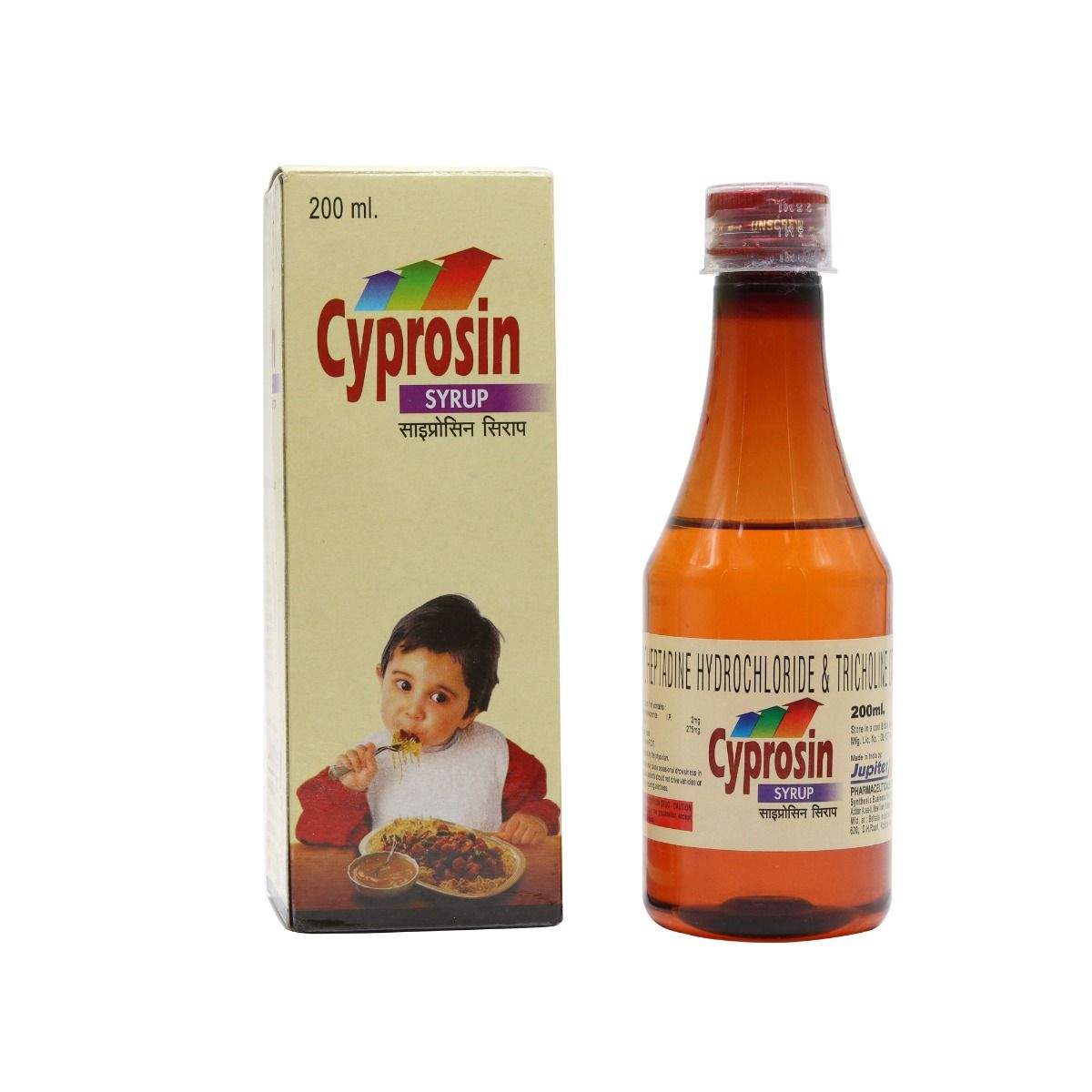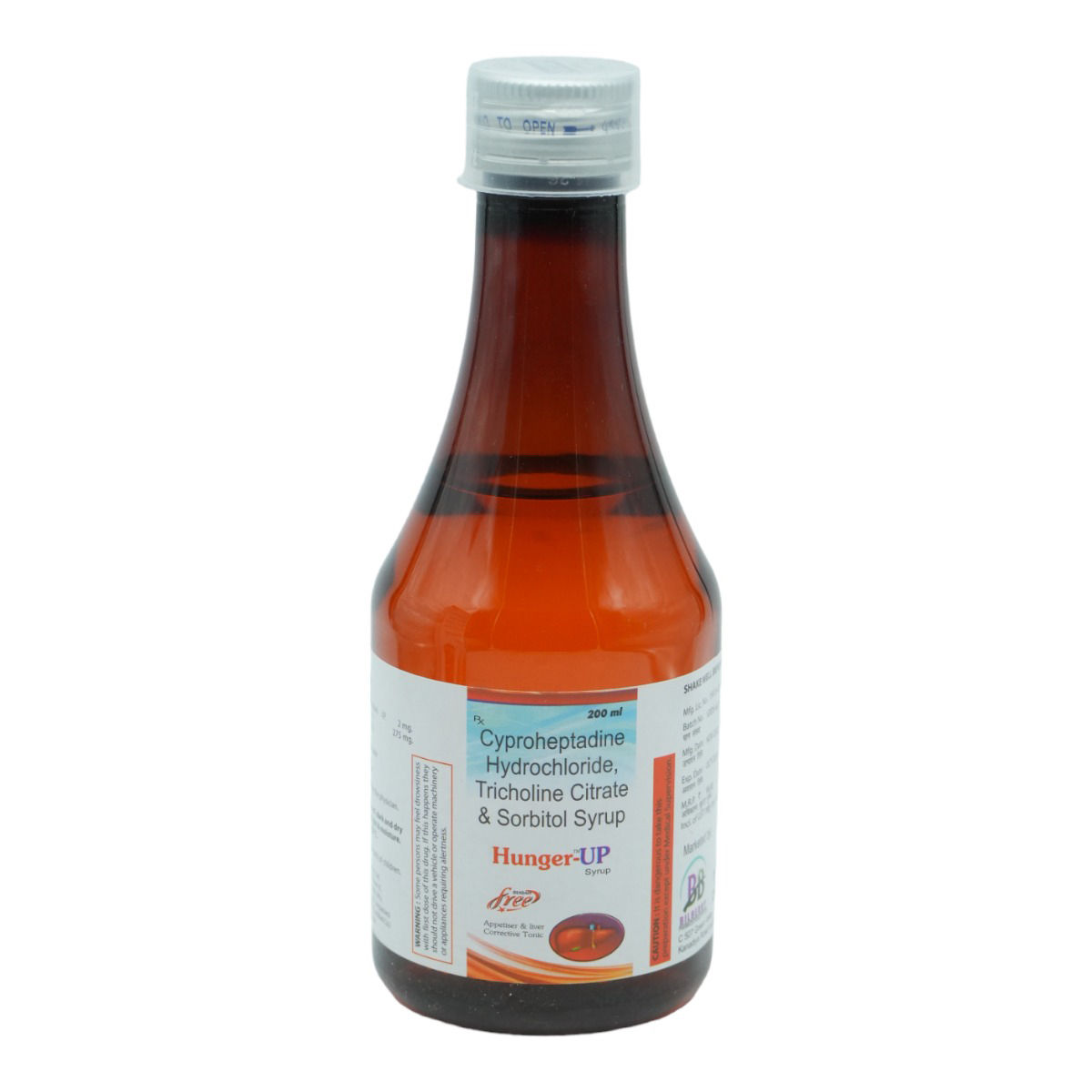Stoheal Syrup 200 ml
Stoheal Syrup is used to treat anorexia. This medicine belongs to the class of appetite enhancers which works by reducing the effect of a chemical messenger serotonin, thereby helping stimulate the appetite. Common side effects include dry mouth, drowsiness, confusion, and ataxia (impaired balance or coordination). Let your doctor know about your complete medical and medication history before using this medicine.
₹150.3*
MRP ₹167
10% off
₹141.95*
MRP ₹167
15% CB
₹25.05 cashback(15%)
Free Delivery
With Circle membership
(Inclusive of all Taxes)
This offer price is valid on orders above ₹800. Apply coupon PHARMA10/PHARMA18 (excluding restricted items)
Know Your Delivery Time
Provide Delivery Location

Whats That

Secure Payment

India's Most Trusted Pharmacy

Genuine Products
Manufacturer/Marketer :
Consume Type :
Return Policy :
Expires on or after :
About Stoheal Syrup
Stoheal Syrup belongs to a group of medicines called 'appetite enhancers' used to stimulate the appetite and treat alimentary tract and metabolism problems. Stoheal Syrup helps in the treatment of lack of appetite, weight loss, and anorexia nervosa (an eating disorder with low body weight). Besides this, it is also prescribed for underweight children who have an inadequate dietary intake, loss of appetite, anaemia, liver/digestive disorder and as an adjunct to anti-tubercular (anti-TB drugs) and antiretroviral (anti-HIV drugs) treatment for weight gain.
Stoheal Syrup is a combination of two drugs, namely: Cyproheptadine hydrochloride (antihistamine/antiallergic) and Tricholine citrate (bile acid binder). Cyproheptadine hydrochloride works by reducing the effect of a chemical messenger in the hypothalamus called serotonin, thereby helping stimulate the appetite. Tricholine citrate is a bile acid-binding agent that works by removing excess bile acid which causes the liver to produce more bile acid utilizing cholesterol, this, in turn, lowers the fat content in the body.
You are advised to take Stoheal Syrup for as long as your doctor has prescribed it for you, depending on your medical condition. In some cases, you may experience common side effects such as dry mouth, drowsiness, confusion, and ataxia (impaired balance or coordination). Most of these side effects do not require medical attention and will resolve gradually over time. However, you are advised to talk to your doctor if the side effects persist or worsen.
Inform your doctor if you have asthma, hyperthyroidism, high blood pressure, intraocular (eye) pressure or heart problems. Consult your doctor if you are pregnant. It is not recommended to take Stoheal Syrup if you are breastfeeding. Stoheal Syrup may cause drowsiness, so drive only if you are alert. Avoid consumption of alcohol while taking Stoheal Syrup as it may cause increased drowsiness. Keep your doctor informed about the medicines and your health condition to rule out any side effects.
Uses of Stoheal Syrup
Medicinal Benefits
Stoheal Syrup belongs to a group of medicines called appetite enhancers, which are used to stimulate the appetite and increase body metabolism. Stoheal Syrup is indicated for loss of appetite, weight loss, and anorexia nervosa (an eating disorder with low body weight). Stoheal Syrup is also prescribed for underweight children with inadequate dietary intake, loss of appetite, anaemia, liver or digestive disorder. Additionally, Stoheal Syrup is used as an adjunct to anti-tubercular (anti-TB) and antiretroviral treatment (anti-HIV) for weight gain. Stoheal Syrup helps stimulate appetite, ensure weight gain, provide effective hepatoprotective action, and enhance protein synthesis. It is also indicated in hepatobiliary disorder (liver disease) associated with anorexia (lack/loss of appetite).
Side Effects of Stoheal Syrup
- Dry mouth
- Drowsiness
- Confusion
- Ataxia (impaired balance or coordination)
Directions for Use
Storage
Drug Warnings
Do not take Stoheal Syrup if you are allergic to any of its contents; if you have glaucoma, peptic ulcers, prostatic hypertrophy, bladder neck obstruction, or pylori duodenal obstruction. Inform your doctor if you have asthma, hyperthyroidism, high blood pressure, intraocular (eye) pressure or heart problems. Stoheal Syrup may show additive effects if taken along with alcohol, CNS depressants, and anti-anxiety drugs. Consult your doctor if you are pregnant. It is not recommended to take Stoheal Syrup if you are breastfeeding. Stoheal Syrup may cause drowsiness, so drive with caution. Avoid consumption of alcohol while taking Stoheal Syrup as it may cause increased drowsiness.
Therapeutic Class
Diet & Lifestyle Advise
- Exercise regularly as it helps increase your energy expenditure, thereby increasing hunger.
- You may eat more if you are having a good time during your meal. So, try to make mealtimes enjoyable by eating with friends and family or watching a favourite show.
- Change your menu and eat food that you enjoy.
- Try not to skip meals. Make time for eating.
- Include calorie-containing beverages in your diet, such as protein shakes, fruit juices, milk, etc.
- Proper management of basic hygiene and bowel regularity can positively affect appetite in adults.
- Setting the alarm for mealtime or posting a meal schedule on the wall could be helpful for adults to remind them to eat.
- Limit excessive snacking in between meal times.
- If you have trouble obtaining or preparing food or if you have difficulty with limited food choices, try delivery services that deliver fully prepared healthy meals.
Habit Forming
How Stoheal Syrup Works
What if I have taken an overdose of Stoheal Syrup
Alcohol
Caution
Avoid consumption of alcohol while taking Stoheal Syrup as it may cause increased drowsiness.
Pregnancy
Caution
Consult your doctor if you are pregnant; your doctor will prescribe only if the benefits outweigh the risks.
Breast Feeding
Unsafe
It is not recommended to take Stoheal Syrup if you are breastfeeding.
Driving
Caution
Stoheal Syrup may cause drowsiness. Do not drive or operate machinery unless you are alert.
Liver
Caution
Dose adjustment may be needed. Consult your doctor if you have a liver impairment or any concerns regarding this.
Kidney
Caution
Dose adjustment may be needed. Consult your doctor if you have kidney impairment or any concerns regarding this.
Children
Safe if prescribed
Stoheal Syrup is safe for children above 1year if prescribed by the doctor.
Country of origin
Manufacturer/Marketer address
Author Details
We provide you with authentic, trustworthy and relevant information
FAQs
Disclaimer
Product Substitutes











